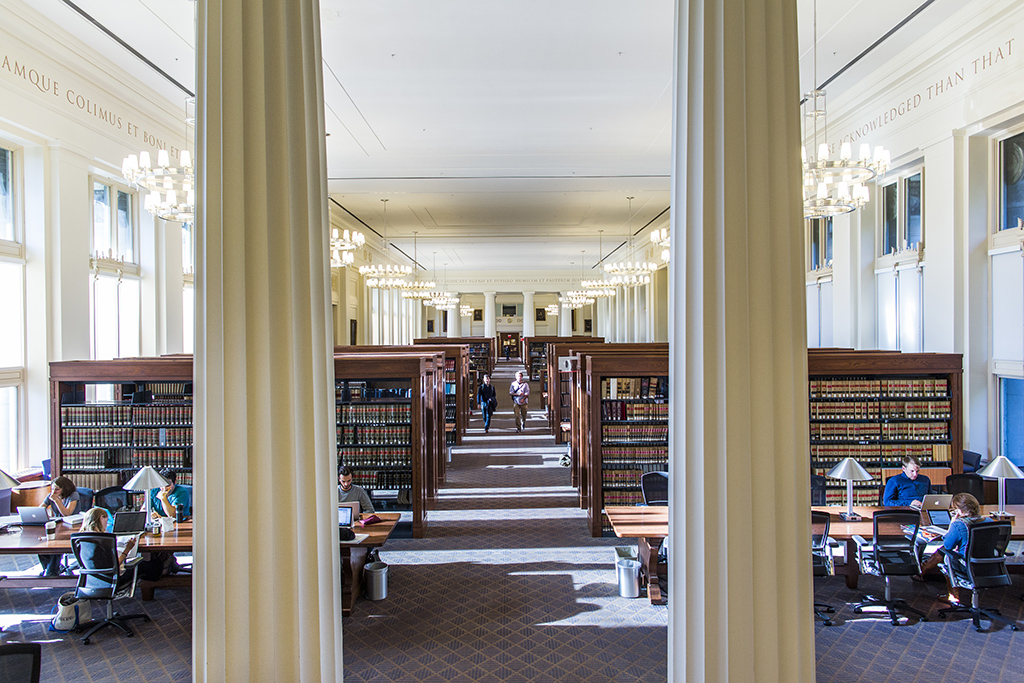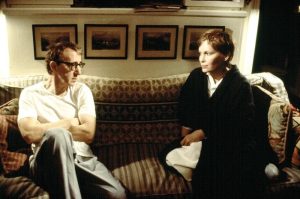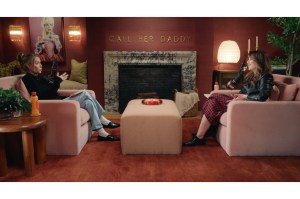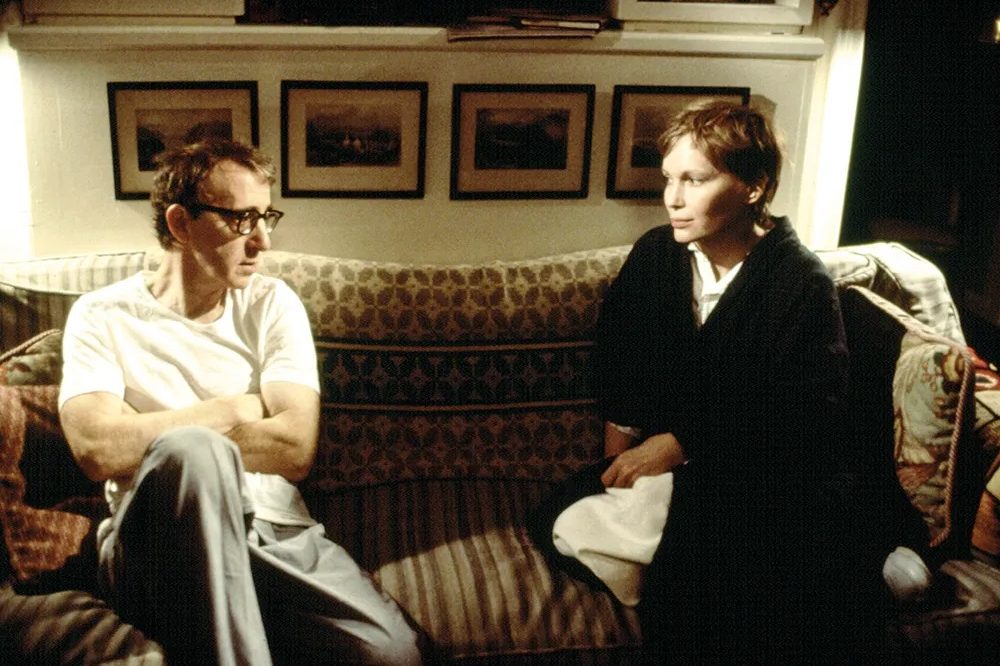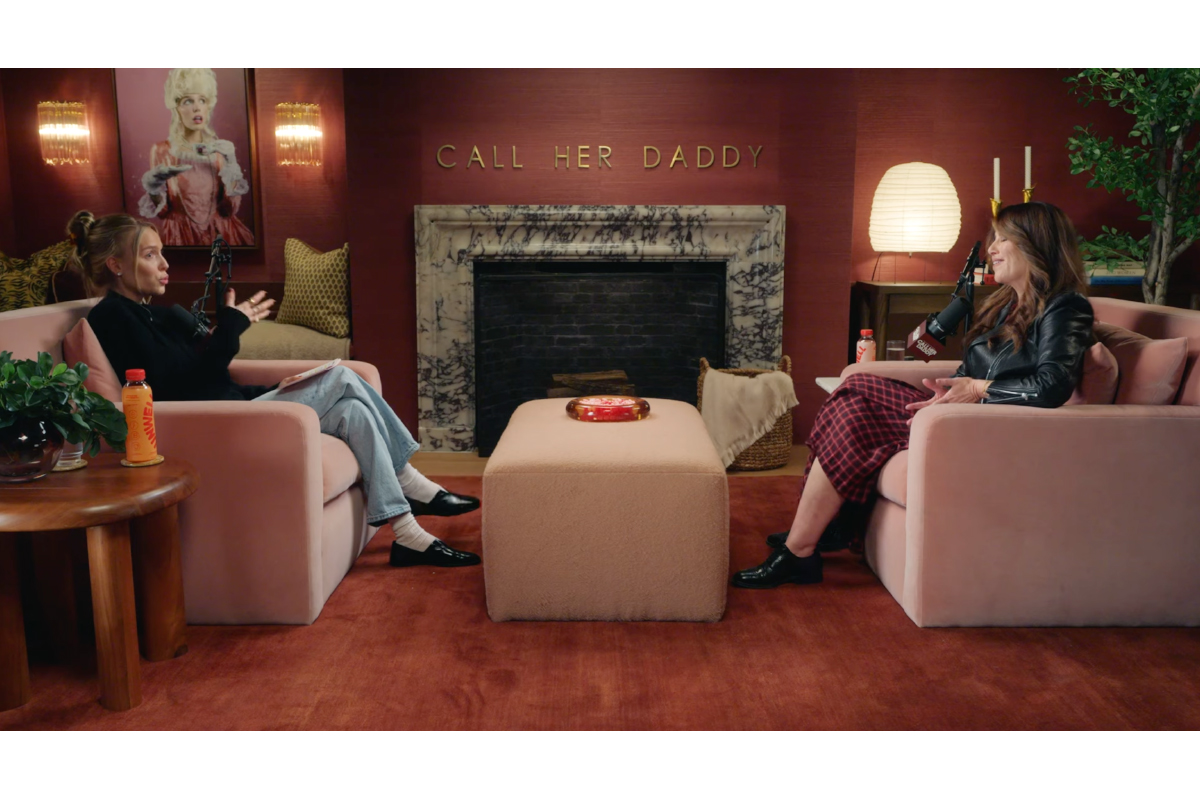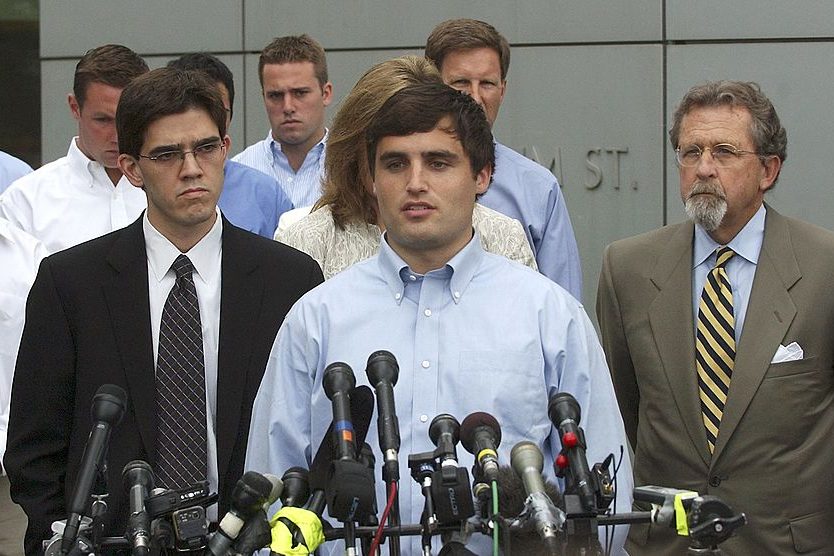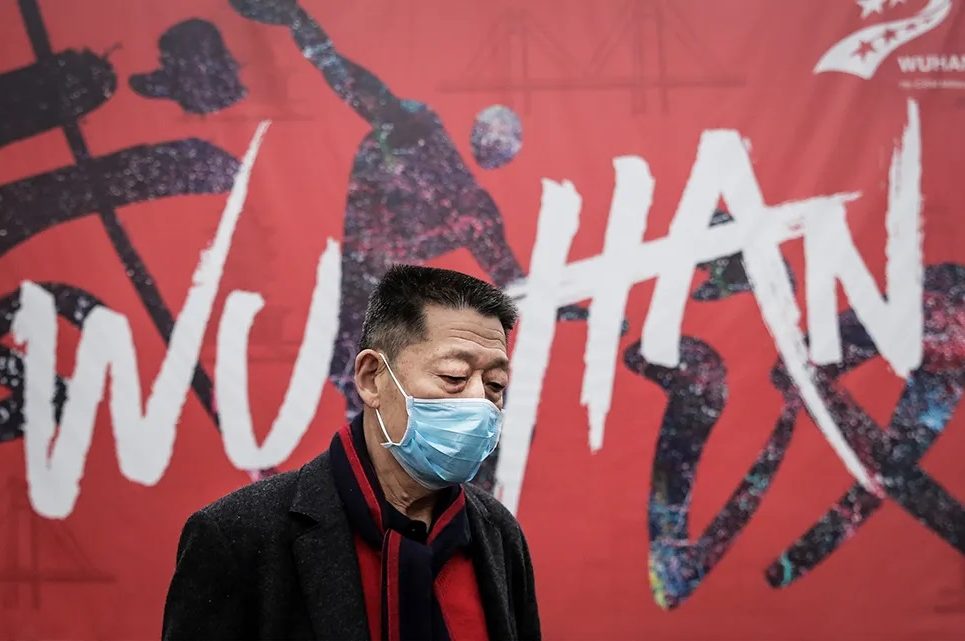‘Don’t quote me on this,’ the professor says. ‘Let’s just say Kavanaugh is not going to be the last professor who’s not going to be teaching at Harvard. And several of them are tenured, and they’re going to have to leave.’
The professor teaches at a top university in the Northeast. We’re talking hours after Brett Kavanaugh’s withdrawal from teaching a course on the history of the Supreme Court at Harvard next January. That would have been the tenth time that Kavanaugh had taught that course. Now, however, he has become part of the Supreme Court’s history, and not in the way that he wanted.
The Harvard Crimson reports that ‘hundreds’ of Harvard Law alumni had signed a letter urging the university to remove Kavanaugh as a lecturer. According to the Washington Post, Kavanaugh resigned before the letter reached administrators; the implication being that he jumped before he was pushed. Meanwhile, hundreds of students and faculty at Yale, where Kavanaugh earned his law degree, have also protested Kavanaugh’s nomination.
There’s nothing to suggest any improper behaviour by Kavanaugh towards any student in the nine times he’s taught at Harvard Law. Still, no one at Harvard Law is willing to go on the record and confirm this. So much for free speech and the facts of the case.
The professor and I both believe Christine Blasey Ford’s testimony to the Supreme Court judiciary panel over Brett Kavanaugh’s.
‘For a judge, the fact that she’s believable and he’s not quite believable matters to me,’ the professor says. He also believes that Kavanaugh’s Harvard position has been lost without due process. ‘Nothing has been proven yet. An allegation like this should not be enough to derail his employment at Harvard. It’s not been substantiated.’
‘I’m a criminal defense attorney,’ says Susan Church, who was the National Lawyers’ Guild’s Attorney of the Year in 2014. ‘The standard in criminal court is proof beyond reasonable doubt. That’s obviously not the standard [in Kavanaugh’s Supreme Court nomination]. In many other courts there’s something called the burden of proof, when you the litigant have the burden of proving that you are entitled to the relief you seek. That is the situation here. The burden of proof is on Kavanaugh to prove he’s entitled to this job, and not on the Democrats to prove that he’s not entitled to it.’
I ask Church if accusations against a university professor should also fall within the ‘burden of proof’ framework.
‘Absolutely,’ Church says. ‘I do believe that some process is due before someone’s fired. We don’t want to fire someone based on completely unsubstantiated allegations, and I’m sure that the school has a policy on that.’
‘A boss is not allowed to start a sexual relationship with an employee, generically,’ Church says. ‘There’s lots of exceptions, but that relationship could have an uneven power structure.’
#MeToo blossomed in the universities. Now, Kavanaugh’s case indicates that it’s coming home to roost. Harvard didn’t ban faculty from sleeping with undergraduates until 2015. Is the Harvard Law campaign against Kavanaugh opening the door to an inquisition that could lay waste to its senior faculty?
‘I think you’re going to see a lot more #MeToo moments in the college and university setting,’ Susan Church says.
The professor agrees. ‘No doubt there’ll be more of these cases. I knew tons of cases of professors sleeping with their students. Don’t quote me on this, but there was a kind of droit de seigneur going on. This was the late Eighties, early Nineties. There was a lot of grad students, teaching assistants sleeping with undergraduates, and a lot of professors sleeping with grad students.’
The grad students and teaching assistants of the early Nineties are now the tenured faculty of today. The professors of the early Nineties are now the senior faculty. When you hear a university media officer claims that professor no longer seduce their students, have a look at the Chronicle of Higher Education.
The Chronicle is a boring, pious trade journal. Its job adverts make it the faculty lounge’s second-favorite read, after the New York Times. The Chronicle’s online fora, however, are fascinating. Today, the Chronicle’s website has live threads of faculty conversations on the following topics:
Dating former students
Prof/student relationship?
Professor/student: myth or fact
Professor/student attraction
I want to date a student



